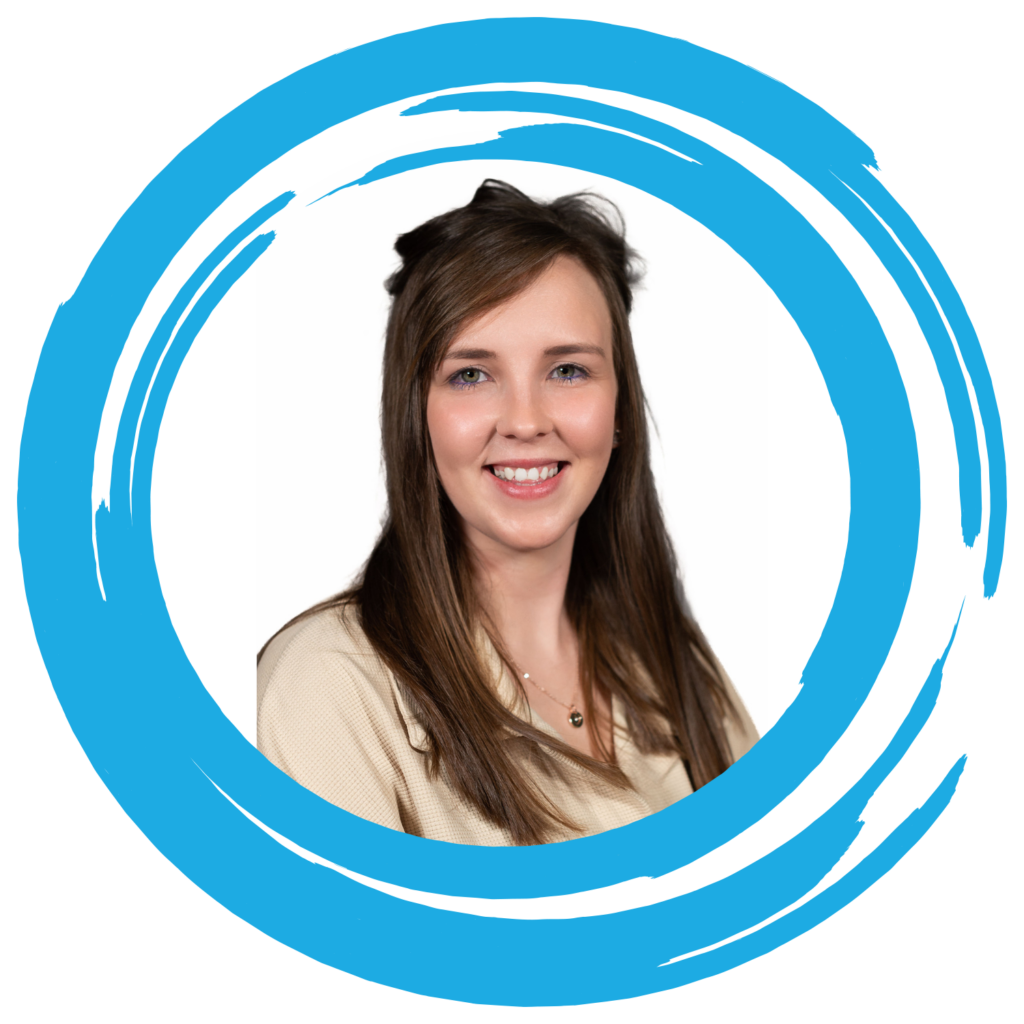Speech and Language Needs
How can the tutors support children with
Speech and Language Disorder/Needs
It can be all too easy sometimes to see ‘standard’ developmental milestones as being somehow fixed things, rather than an averaging out of the progress made by countless children.
This applies to speech and language too, so parents should bear in mind that, to some extent, every child develops their use of language at their own pace. Albert Einstein, for example, famously came to talking late (biographers say around the age of 5), causing needless anxiety to his parents!
Speech and language delay can, however, be a genuine developmental problem – and one that may affect up to 10% of preschool children to
some degree.
It would be unwise, however, to always point to some intrinsic ‘problem’ in the child’s make-up. For example, research has shown some children from disadvantaged backgrounds, or homes where there is less verbal interaction, may struggle with developing speech and language skills simply because they are not receiving enough exposure to those things – plus a chance to practice in a positive and encouraging environment.
So for younger children, encourage them to speak by talking as much as you can around them. You could, for example, describe what you’re doing as you go about daily activities. And if your child says something, respond to them with engagement – even if just to confirm what they are saying.
Living in a bilingual environment can also have an impact on how fast a child starts to master language and speech, simply because the child’s brain has to work harder to interpret and use two different languages.


Angels in disguise! My son has a diagnosis of Autism with Social and Communication Disorder, was permanently excluded from his special educational needs secondary provision. I researched online for a private tutor - SENsational Tutors came up and after being very impressed with what I read on their website, I went on to find a tutor. In the very short space of time we have known Vojtech, Elijah's speech has vastly improved as well as his concentration. If you find yourself in despair, please consult with SENsational Tutors Ltd, I promise you they WILL transform not only yours but your child/young person's life as well!
Paulette, Elijah’s mother. London
Language delay may affect what the child can say (expressive language), and/or what the child can understand (receptive language). It can be accompanied by other speech, language and communication needs (SLCN) – such as unclear speech (phonological delay). Speech and language delay may form part of a broader spectrum of developmental issues, or occur in isolation.
Problems can also arise more in one sphere of expression than another – more trouble with the act of speech, as opposed to the use of words.
A child may have speech and language delay if they aren’t able to do these things:
- Attempt to say simple words (like “mama” or “dada”) in some form by 12 to 15 months;
- Understand simple words (such as “no” or “stop”) by 18 months of age;
- Talk in short sentences by 3 years of age;
- Tell a simple story at 4 to 5 years of age - or make themselves understood, even to a person who doesn't know them;
Several very different things can underpin speech delay. These include:
- Hearing problems;
- Slow development (which could be a result of not having enough verbal stimulation);
- Learning disability, or a developmental condition like autism;
There can also be other rarer physiological obstacles to speech and language expression. These might include:
- An issue in the parts of the brain responsible for the complex combination of co-ordinated actions actually required to make speech (which so many people take for granted!). Research now atypical brain structures may underpin problems such as stuttering/stammering in some children;
- A physical problem to do with the tongue or palate;
If there are clear signs that a child may have speech or language delay – as opposed to just taking more time to start talking – possible treatments will vary depending on the underlying cause(s) of the speech delay.
Different experts may be able to help. A speech and language pathologist can help a child learn the physical skill to speak better – or, when hearing issues are the key, teach lip reading.
A psychologist may help if there is an underlying behavioural issue, while an occupational therapist can help improve verbal skill acquisition through daily activities. And a social worker may be involved if a child may be struggling due to a disadvantaged home environment.
If a child’s speech is delayed due to a hearing loss, hearing aids or cochlear implants can help rapid progress in speech once a child can actually hear sound and speech, and practice with both family and peers.
Alongside the expertise of speech and language delay specialists who can be found here, there are useful resources available from the following:
"Understandably no family ever wants to make that SEN call with anyone, but Joanna, I am and our whole family are so pleased I did! In just 3 weeks (only 3 lessons) Miriam has engaged & transformed Louis (and our family’s confidence together) & Louis absolutely loves her and is so very proud of his learning folder & teach papers Miriam made and gave to him."
Michael, Louis’s grandfather, age 6
Tutor Spotlight

Sammie has spent 8 years working within a SEN school supporting pupils with a diverse range of needs. More recently she has enjoyed the change to tutoring and working 1:1 with young people to help them achieve positive outcomes. Throughout my career she has often worked with a range of therapy teams in order to provide a holistic approach to each child’s learning journey.
Sammie’s experience working with children with Speech and Language needs:
“Within my experience of supporting pupils with speech and language needs I have worked with children that have aphasia, have developmental language disorder (DLD) or may be non-verbal. I have seized opportunities for professional development, attending courses for PECS and signalong in order to understand/develop communication strategies for pupils. I also have experience using AAC systems to support communication.”
Sammie’s approach for working with children with speech and language needs:
“I am a strong believer that just because a child may have speech and language needs, (including being non-verbal) it does not mean that they do not have a “voice” and instead, I enjoy the opportunity to find ways to help each individual communicate in a way that is accessible for them. I take time to carefully get to know a child and see what it is that they enjoy and are motivated by in order to use this as a tool to encourage communication.
I try to make language and communication fun and often come up with silly songs or rhymes as we complete activities in order to make it memorable for a child. In addition to this, I also work with children in a range of different settings to develop communication that can be successful in supporting daily living and activities – for example I used to enjoy taking my class to the local shop so they were familiar with using their communication system to a range of people.”
Sammie shares her top tips for parents/carers with children with speech and language needs:
“My biggest tip for a parent/carer with a child with speech and language needs is probably repetition, repetition, repetition! The more a child is exposed to a word/symbol/sign the more likely they are to become familiar with it and pick it up. It is important that language is modelled, so if you hand your child an object also tell them what it is, for example “drink” or “ball.”
It is really important you ensure this is consistent regardless of where you are, be it at home, in the park or on holiday – you always have your voice with you! My last tip would also be to be patient. I know sometimes it can be frustrating as a child used to have more language than they are currently using, however developing a communication system can take time in order for it to be successful.”




